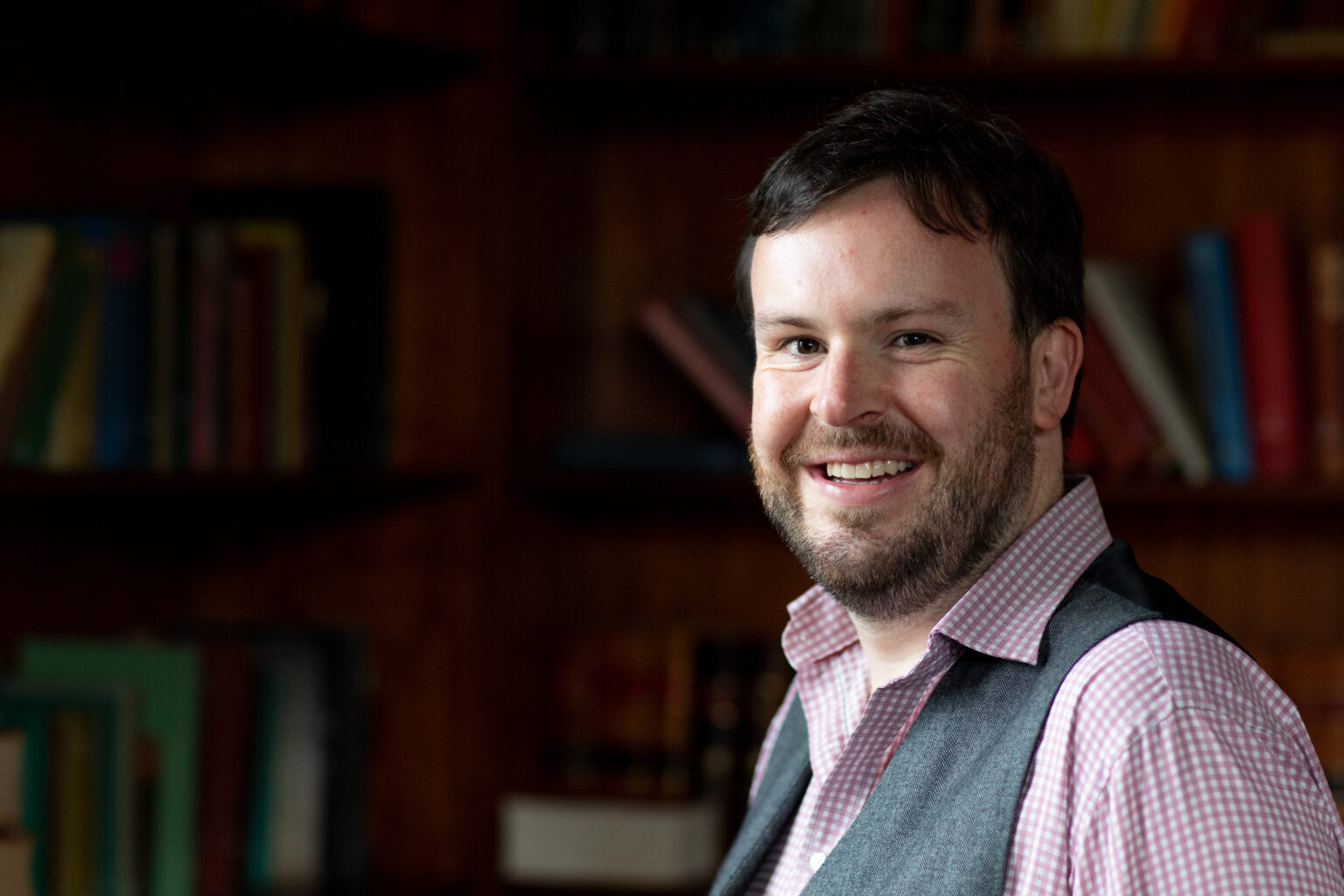In 2021, the College’s Education & Student Life Department adopted a new department structure, which created five new academic positions within the department – the ‘Academic Heads’. These positions are occupied by university lecturers and researchers, and each Academic Head is responsible for leading a team of Senior Academic Tutors and Academic Tutors, some of whom are senior students of St Andrew’s College. In addition to overseeing the delivery of subject tutorials, academic mentoring sessions and academic skills workshops – staples of the College’s Academic Program – they also contribute to the College’s innovative new courses and develop academic policy that will ensure the ongoing improvement of the College’s educational offerings.
We are delighted to introduce the College’s 2022 Academic Heads in this Q&A series.
What is your full title?
Dr Stephen George-Williams, but I have several post-nomials:
Senior Lecturer (Chemistry, Education Focused) | Director of First-Year Chemistry | Postgraduate Teaching Fellow Coordinator | Head of Science and Mathematics (St Andrew’s College)
What drew you to the position as Head of Science and Mathematics; what most interests you?
In short, I just love to teach. The chance to help even more students through their university experience was an easy win for me. Aside from this, I was/am super keen to interact with more first years in general though, as it helps me understand more about their experience which informs my decisions as the Director of First-Year in Chemistry (i.e. I’m the unit coordinator for ALL CHEM1 units).
What are you hoping to achieve as Head of Science and Mathematics?
Besides the obvious of supporting individual students in their university journeys, I’m becoming increasingly focused on the experience of the tutors within the College. I’d love to be able to impact how they are recruited (through more formal and transparent processes), trained (through utilisation of existing programs) and supported (through more structured classes and reflection sessions). Teaching is such a rewarding experience, but very few people can do it effectively without constant introspection and guidance, which is something I think we as a college could achieve at a higher level.
What has been a highlight so far in this role?
A growing sense of the impact I can have on students beyond the academic. Navigating the university bureaucracy is, often, an exercise in pure frustration. Being able to link students up to the correct members of staff in the university through my numerous contacts is surprisingly satisfying. Even providing advice on how to deal with the nightmare that is the special considerations systems is something that so many students need!
Could you tell us about your career path to date? What are some of your recent professional achievements and goals?
I am, in many ways, not a normal person. I completed an undergraduate science degree with a major in chemistry in 2009. I then went on to complete my PhD in chemistry in 2014. While I maintained my love of chemistry, I decided that education was a greater passion of mine than bench-research. So … I did another PhD, this time in chemistry education, before joining the University of Sydney as an Education-Focused member of staff in 2019. In January 2022, I was promoted to Senior Lecturer in recognition of my constant work on improving the student experience through more authentic laboratories / assessment processes and empathetic teaching practices.
What do you like to do outside of your work?
I love to hike (when it isn’t raining!), game and read. I am, undeniably, a nerd.
Do you have any advice for young Androvians?
While the university experience will bring both joy and challenges in equal measure, your biggest struggles will be ones of engagement and balance.
It doesn’t matter what grade you got (or what your parents/family may want you to do …), if you aren’t inherently interested in the course you’re enrolled in, it’s likely that you will struggle to rise to your actual potential. In general, the students that fail in a given course do so not because of a lack of ability or intelligence, but rather a lack of engagement with the course material.
Outside of this, the university experience can be a hectic one. Juggling study, work, sport/music, a social life and just general rest is not an easy feat to manage. Most people, myself included, need to have a rough structure to their week to ensure that everything gets (approximately) equal attention. Try to have set time periods dedicated to given tasks to ensure all of your interests AND study requirements get equal love and attention. There are few lies greater than ‘I’m too busy right now but next week I’ll find the time …’

